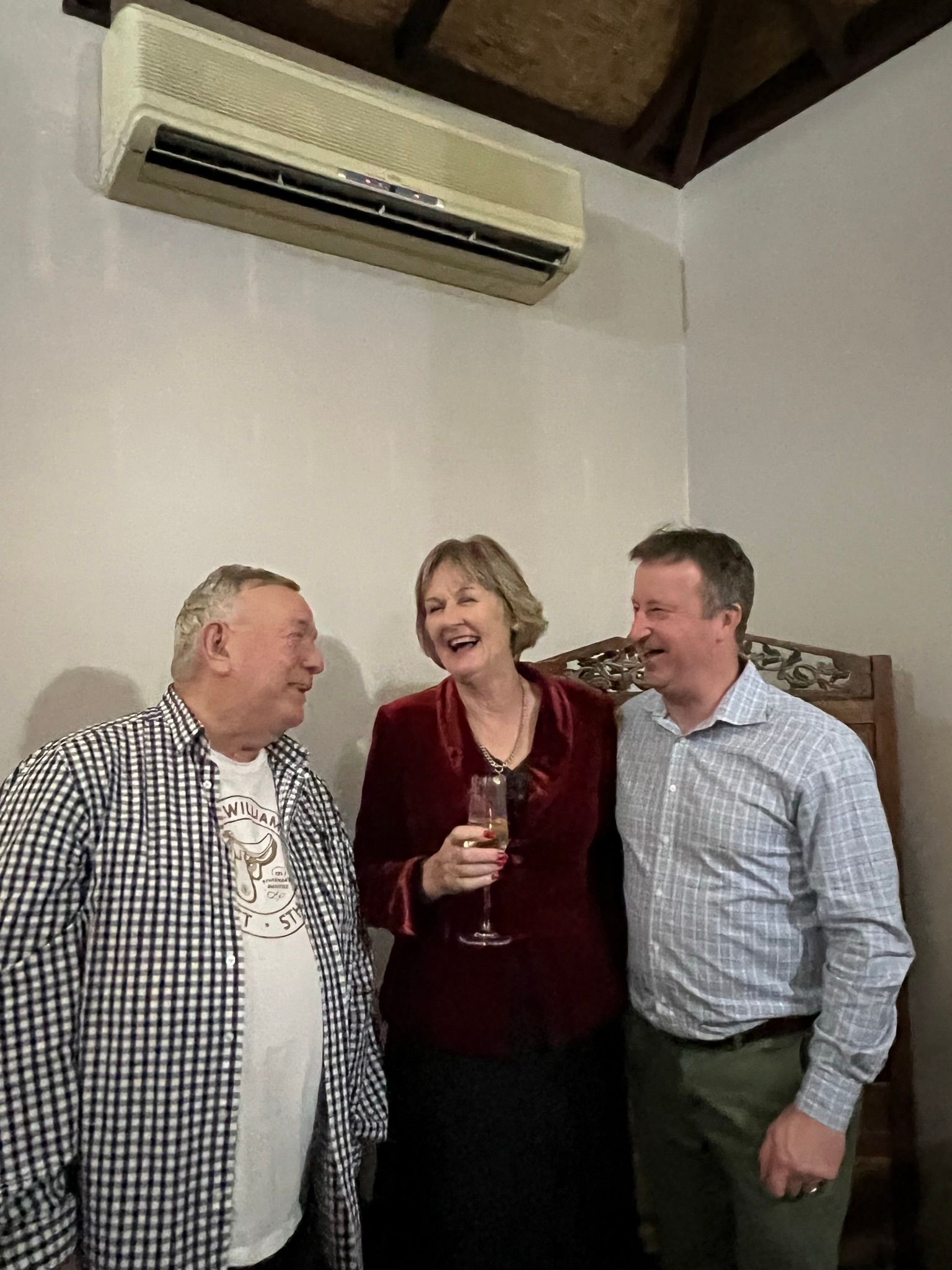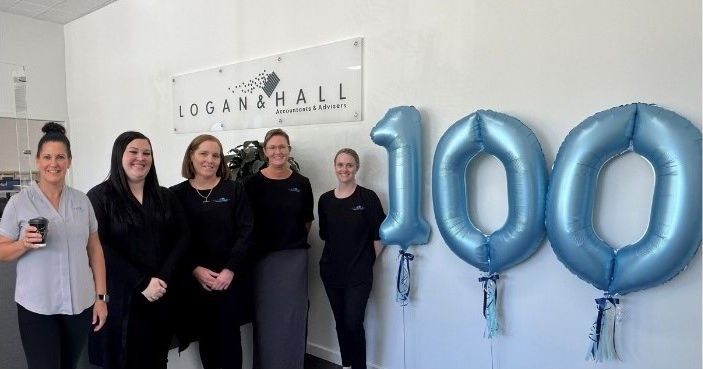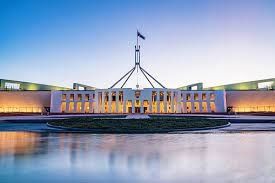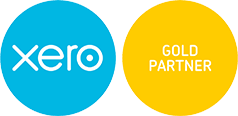Under New Management
Under New Management
Three things to consider before buying a small business
I've been on a mission to share Joe's dream of owning his very own coffee shop. First we looked at Joe starting a business from scratch . But perhaps buying an existing small business sounds more appealing? Wrap your hands around a nice hot cup of coffee, put your feet up and take a read, as our friend Joe assesses this option.
There are three fundamentals to consider when buying a business and you really need to get them right to achieve a self sufficient profit generator:
- Business Valuation
- Business Performance
- Return on Investment - ROI
Business valuations are about as accurate as a Melbourne real estate auction starting price . The best way of working out the value of a business is to base it on the cost of setting up from scratch. This will enable you to compare various businesses for sale & potentially set a limit on your budget. Knowing what you'd pay for new plant & equipment vs. worn down plant & equipment in an existing businesses is an obvious advantage.
If you are looking at an existing business that is more expensive than starting from scratch - why? Most likely it will relate to the goodwill of the business, the warm fuzzy feeling that keeps customers coming back. Goodwill represents intangible things like the value of existing customers & any business systems in use.
Be wary of business valuations that don't include a value for goodwill. This could indicate that the plant & equipment is overvalued, or the business isn't generating a profit .
Business performance shows how successful a business is currently running and is typically compared against industry averages. The tax office keeps a close eye on different industries and even provide you with various benchmarks to assess against.
By reviewing key financial ratios of various business candidates, you can compare:
- Expected net profit for a given turnover;
- Profit margin on goods sold;
- Staff costs for size of business; and,
- Rent
Get the skinny on coffee shop performance benchmarks . Or better yet, click here to see an evaluation of a coffee shops business performance.
Return on Investment is the percentage you get back from the amount of money you have invested. It shows how efficient a business is, against the cost of your investment. To work out the Return On Investment (ROI), take the net profit and divide it by the cost of the business. You can then use it to compare against other businesses.
ROI is a crucial factor of owning a business, your money is at risk and could be easily invested in a fixed term account in a bank where the return is around 3%. But this is a historically low rate of return for interest rates and you could get a higher return with more risk i.e. the Australian share market has averaged 9.6% return over last 20 years .
By using the coffee shop benchmarks mentioned above, we can work out that $600k in sales would yield $72k net profit after expenses. If this business cost $200k to purchase, then this would result in a 36% ROI. Which sounds pretty good on paper, but you will need to consider the reliability of this size of return and make certain allowances for capital replacements and market trends.
Getting these fundamentals right will help you select the right business to purchase and you'll be able to enjoy all of its perks. Alternatively, if are thinking you could start a business from scratch, best click here to read my blog to help you with that.
Need a refill? Stay tuned for the final instalment where Joe looks at starting a franchise business.
Do you have an idea brewing for a small business? Call the barista's of books at Logan & Hall Accountants on 03 5032 1121. Because our business is more than just counting beans and we're pretty grounded in your passion, whatever that might be.










